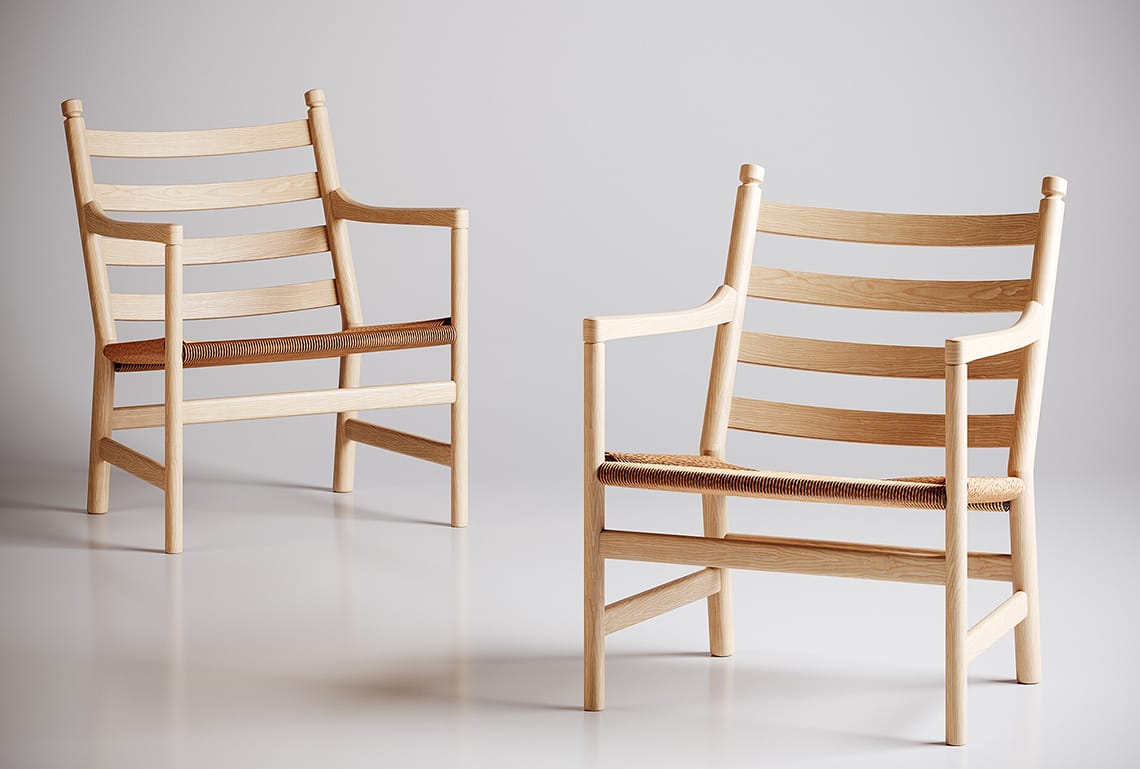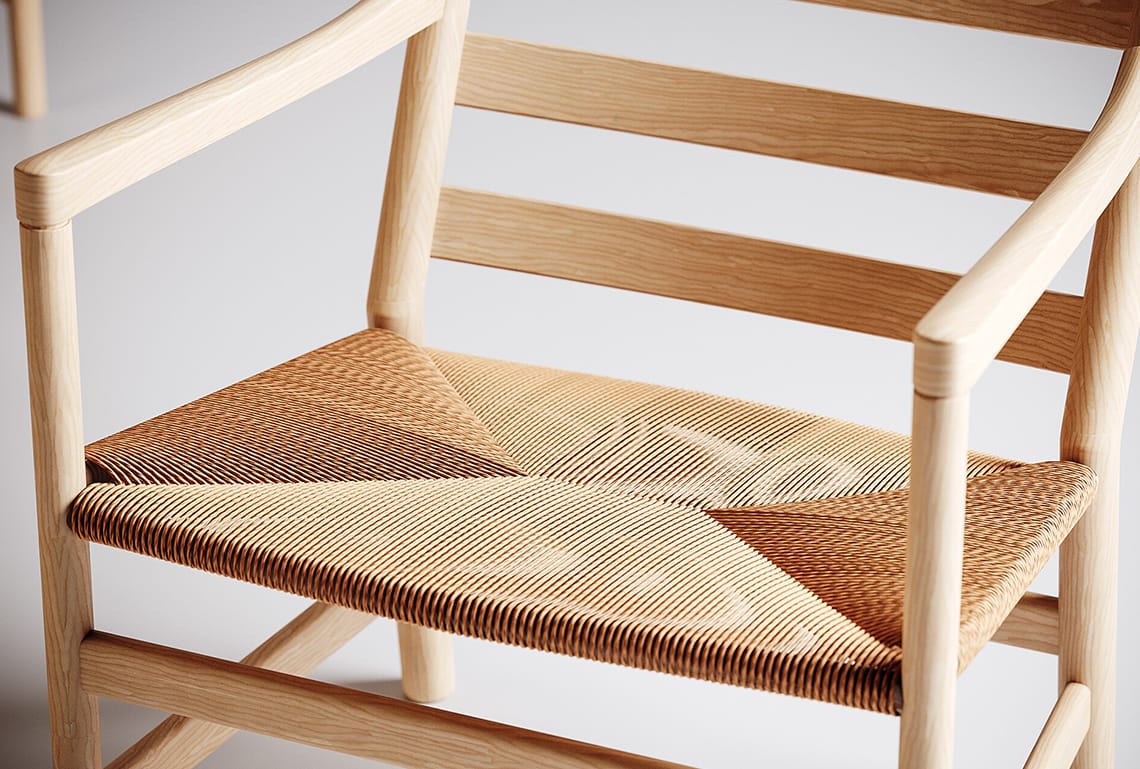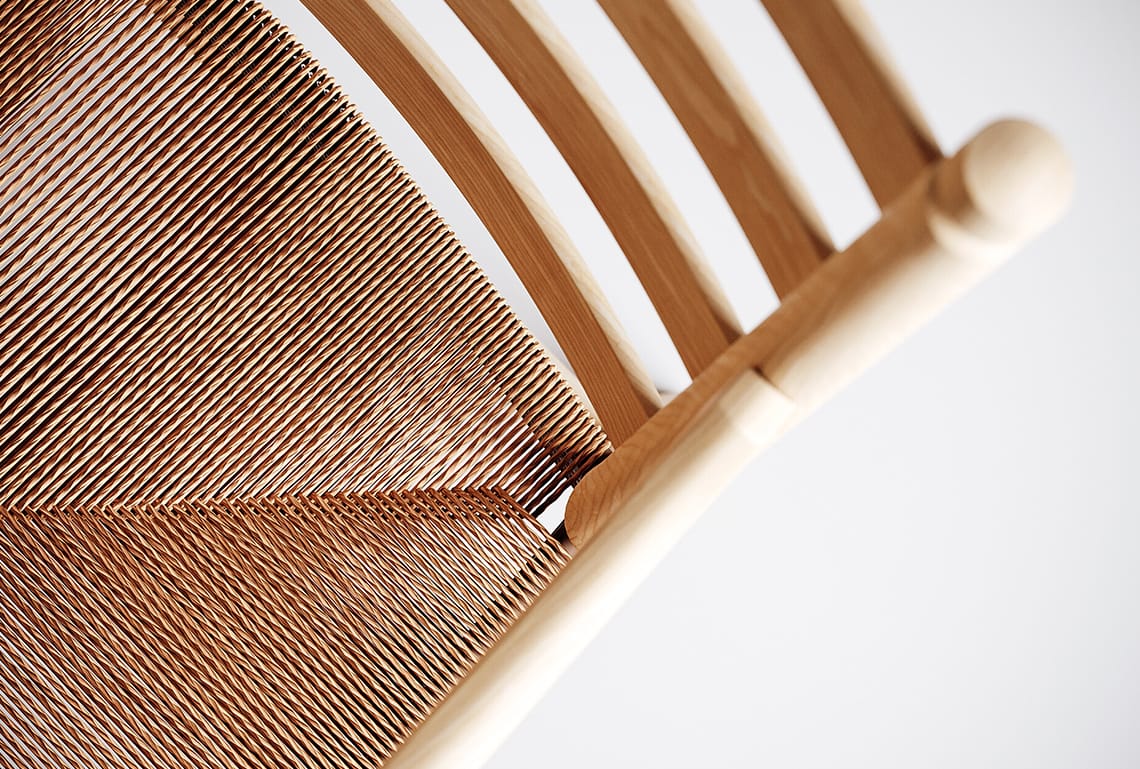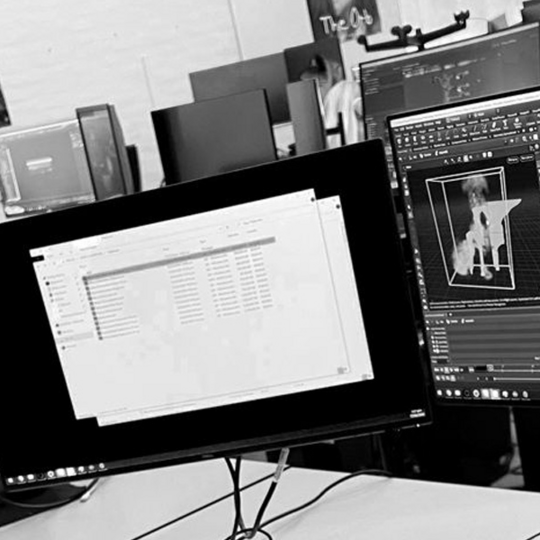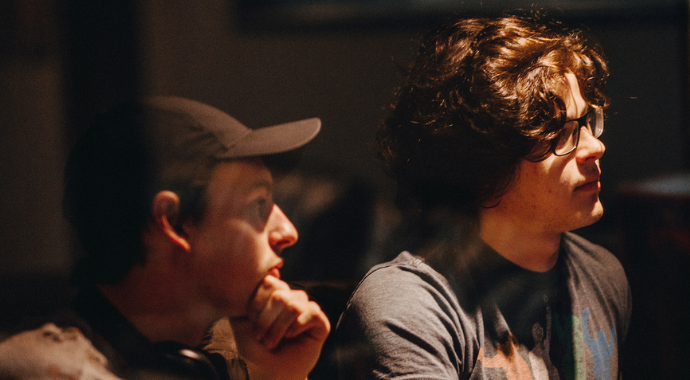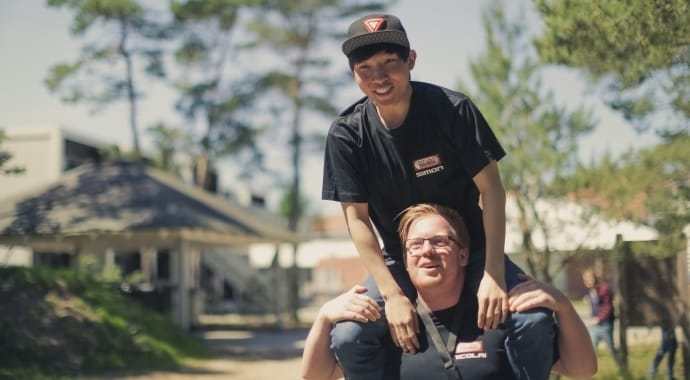Back in school: 3D College students are combining in-class lectures with online tools to further their learning. Nicklas Byriel updates us on his students’ achievements.
You may remember Nicklas from 24 Hours of Chaos, where he hosted show one, or maybe you’ve seen him on a couple of Chaos Campus live shows. Nicklas is very active in the CG community as an educator that inspires students to think critically and take every opportunity to showcase their work and learn from others.
In our last interview, we focused on 3D College’s curriculum and the success of its students. We caught up with Nicklas again to find out what the school has been up to.
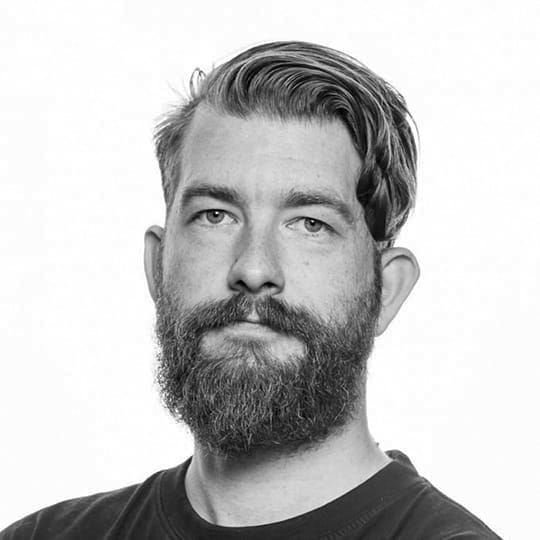
About Nicklas Byriel
Nicklas’ professional focus is 3D as a generalist and technical director. For the past 11 years, he’s run his own company, where he produces 3D graphics, motion graphics, and video, while teaching at the award-winning 3D College Denmark. He also founded Chaos Theory, an online educational platform and YouTube channel for 3D artists.
How has 3D College evolved in the last couple of years?
A lot of things have changed! The pandemic gave us the opportunity to look more into virtual learning, giving lectures online and from home. This hasn't been an ideal situation for us, but at least we've tried to learn from it and look at how we could use online learning as a tool rather than a solution to traditional in-class lectures. The pandemic has slowed down in Denmark, which means we're back in school, but now we can easily combine online learning with traditional classroom lectures.


© Emil Rasmussen, Student, 3D College Denmark
Has your teaching style changed at all?
I think the general style of teaching for each teacher here at the school always evolves and is different from person to person. We're always getting more and more experience, so we try to implement that experience in the next class. One of the things we've been doing a lot more (due to the pandemic) is to have more speakers from other places in the world, inviting industry professionals to do lectures, and talk about what and how they do things where they are.
What have your students been up to? Any special achievements you are proud of?
Our students are always up to something! It's almost hard for us to keep track of them all. Recently, one of our students, Michael, had an entry in The Rookies’ Winter Stories student rendering challenge where he was one of the finalists, you can check it out here. Former student Bjarke Rauff and his team at Ghost VFX also recently received an Emmy award for their work on Star Trek: Discovery. The results of their hard work can be seen on Netflix now.


Which Chaos products and tools have proven to be most useful in your classes?
V-Ray, in general, has been the most useful product without a doubt! Regarding tools, having the VFB that came with Vray 5 with integrated post-process tools has helped encourage more students to use post-processing in their renders; for example, trying out different lighting setups with V-Ray Light Mix.
I’m sure many students use social media to get inspired, but at what point does it become distracting? How do you advise students to stay focused on creating art?
It’s a matter of balance. In general, I rarely see this as an actual issue in class. And I encourage students to take breaks during the days and evenings when working a lot. It doesn't matter if it's social media, gaming, or whatever, just something to “turn off” work mode for a short bit, and then continue with some renewed energy afterward.
I do see students from time to time using two or even more screens on their work computer, and a lot of them have something “else” on their second monitor, such as YouTube. I definitely recommend them to try not to do that, since it really can break your concentration quite easily — even music can throw you out of it. However, for easy tasks that take time, music can be a good distraction on purpose.
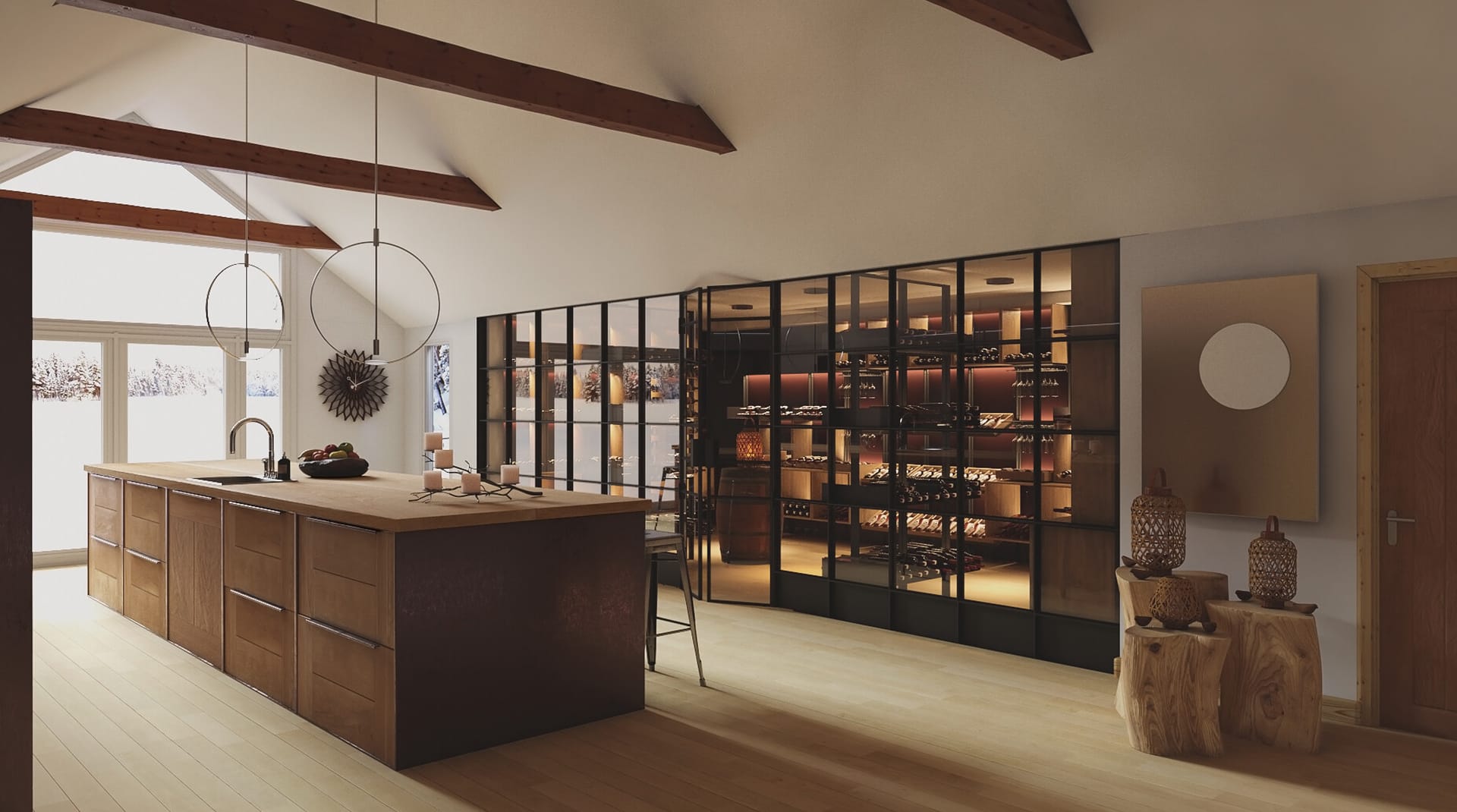

How important are critiques in developing as an artist?
Critique in itself is very important for developing your skills as an artist. Usually, it’s always valid points — but you might not agree with them, which is fine, as long as you understand what and why you disagree. Self-critique is even more important for the students to learn so that we can reflect on our work and figure out how to become better without being self-destructive. Most people are their own worst critics!
Is artistic talent born or made?
Made. In my opinion, nobody is born with talent itself. Artists who seem to be gifted have usually worked very hard, for a very long time, to get where they are. We shouldn't take that away from them by saying, “Ah! They were just born with that talent.” Granted, some people really just do get how everything works, what makes a render great, and so on, pretty quickly. But usually, that’s because they have put in hard work previously that helped them get there faster.
We live in an information age that has its benefits and disadvantages. How do you advise students to filter out the junk online and find the right information?
When seeking information online, like a tutorial on how to do something, it’s always hard for a beginner to know if the information is actually correct or at least up-to-date. As with any online information, you should try to gather it from reliable sources. Random tutorials from YouTube aren’t necessarily a good way to learn things. Experience will help filter out the junk information later on, but before you have that experience, it’s good to make use of official product documentation such as Chaos docs and certified tutors.




It can be argued that our consumer culture has molded unrealistic expectations of ourselves. How do you slow down the world to appreciate the beauty around you?
The world does definitely seem to go a lot faster than it used to, just a few years ago. Remember to breathe, and that everything still does take time and effort. People usually only show their best results on social media, so try and find online communities where people share their progress, so you get a more realistic glimpse of what it takes to make great art! And share your own process while you’re at it. We’re all still learning.
If you could give a single piece of advice to someone who is considering a career in 3D, what would it be?
Go for the tutored experience. You might be able to learn a lot by just watching YouTube tutorials on your own. But you will never be able to tell if the information you’re getting is actually any good. An education, online course, or even a community with like-minded people like Chaos Campus, will help set you on your journey as an artist.

